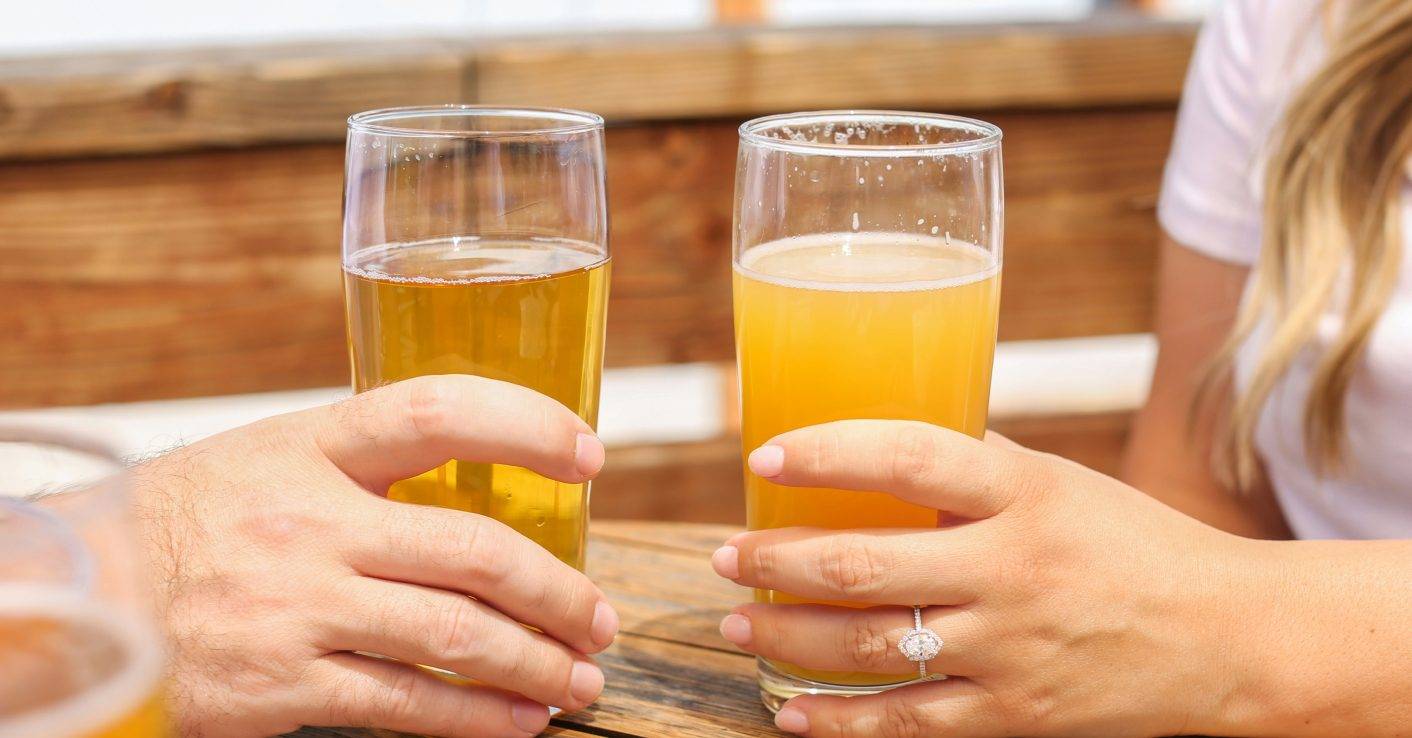
What Most People Get Wrong About ‘Normal’ vs. Binge Drinking
What is binge drinking, really? The answer from the experts might be less extreme than you expect.

What is binge drinking, really? The answer from the experts might be less extreme than you expect.
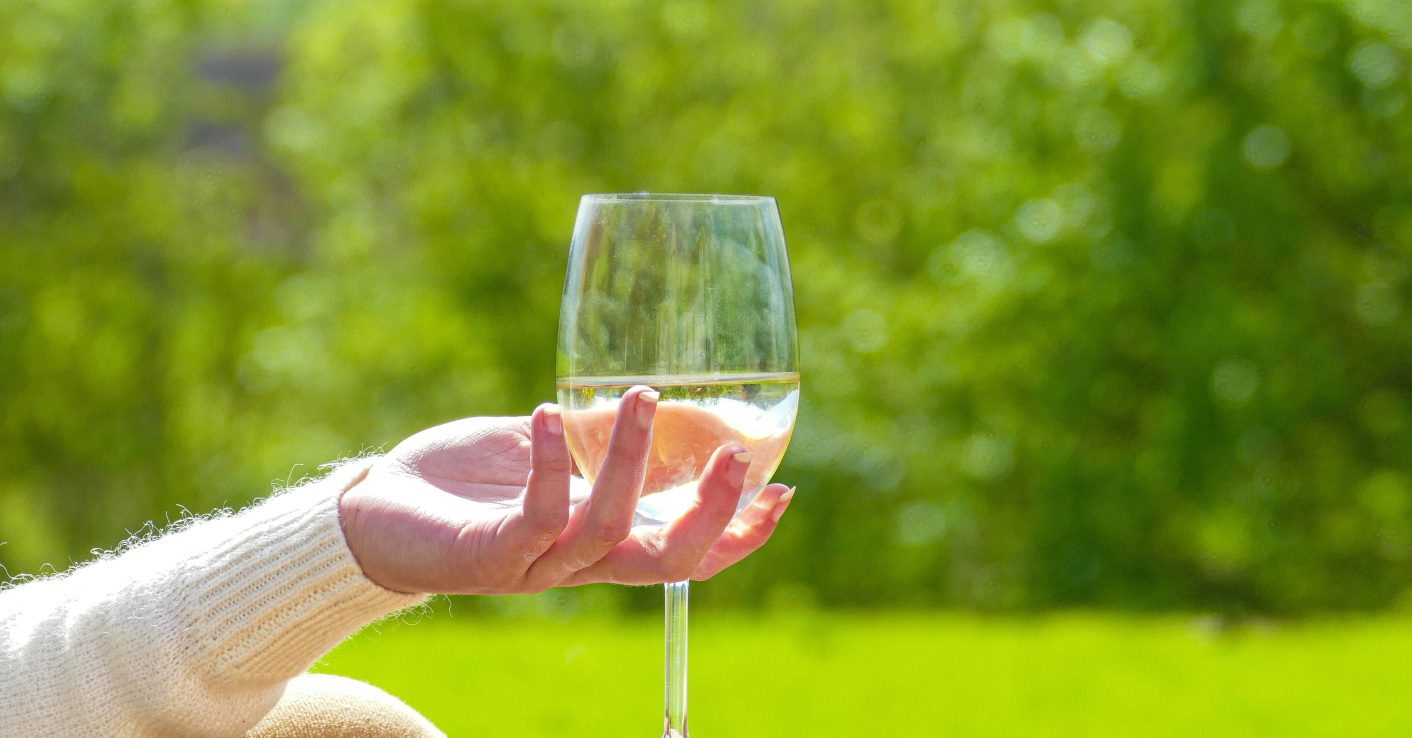
It’s a question rooted in self-awareness — which means you’re on to something.
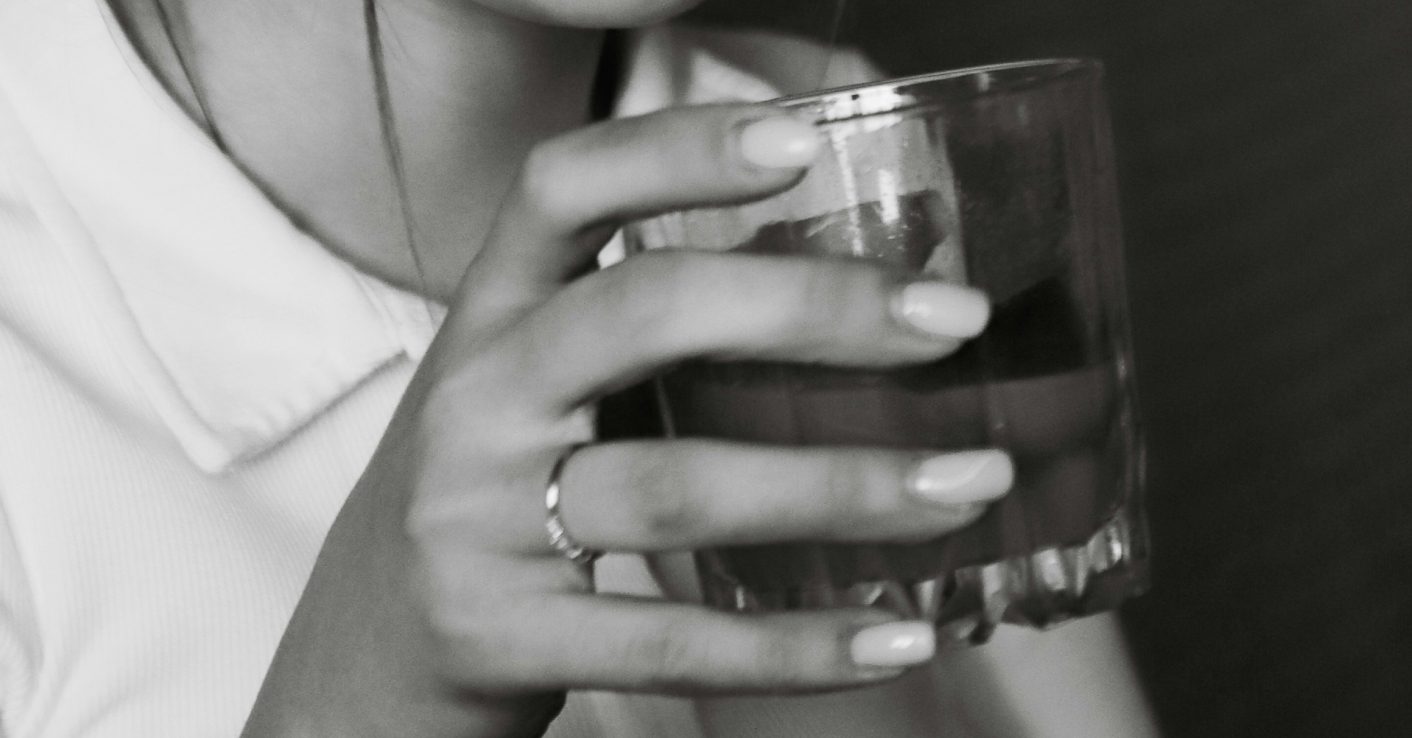
On the surface, alcohol might not seem like a problem. But something feels off. You might be living in the “gray area” of drinking.
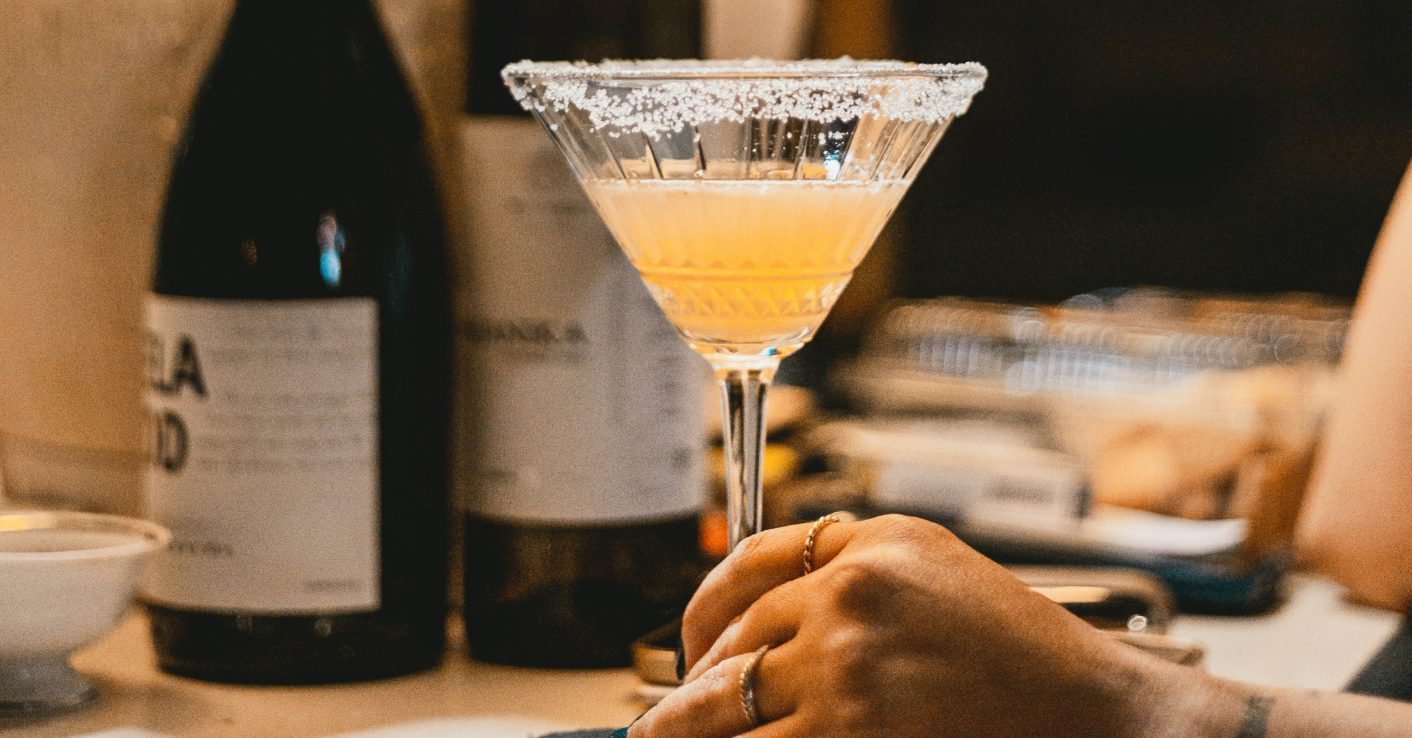
We all know someone who insists their drinking is “fine.” Maybe that person is you. So what’s the problem?
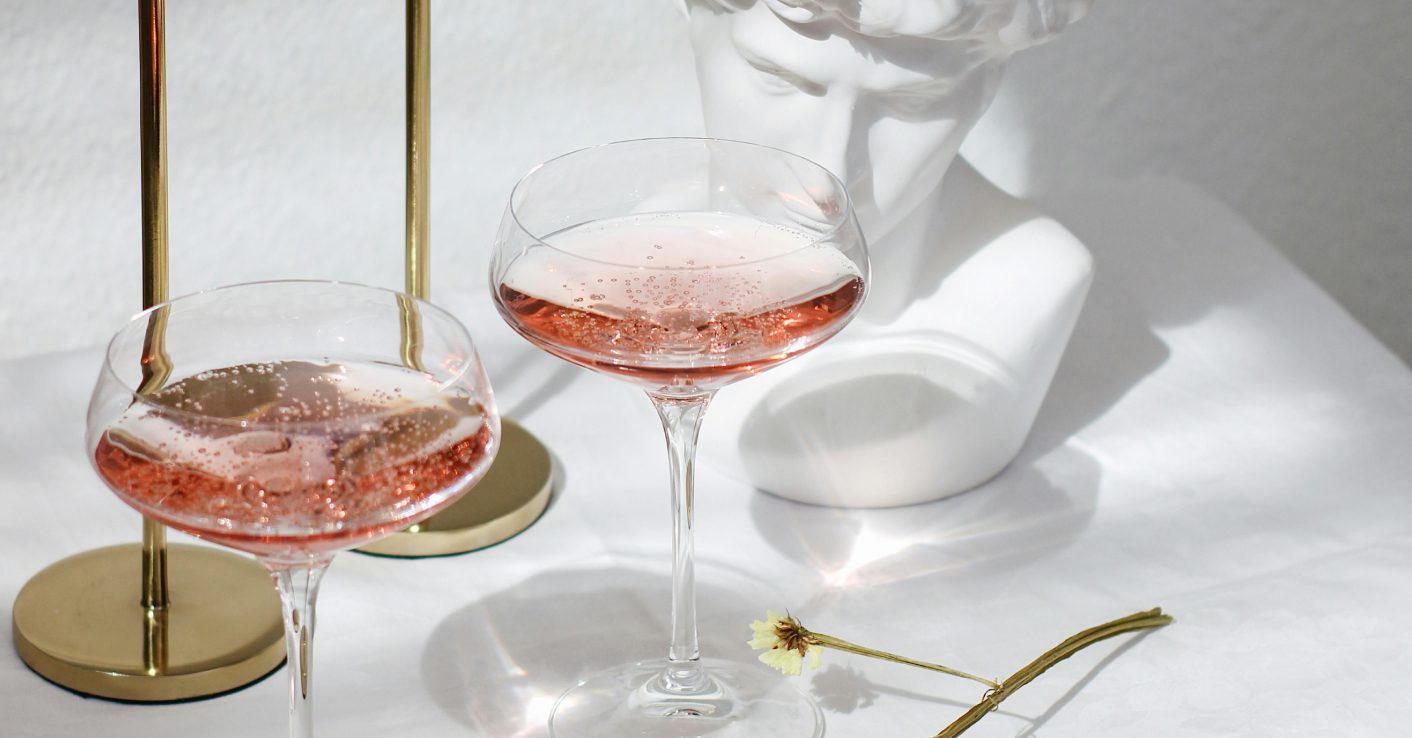
It’s one of the most common questions for anyone rethinking their relationship with alcohol. And it’s a smart one.

If you’ve been working on drinking more mindfully, holidays can be tough. Here’s how to stay on track with your goals.
Sunnyside is a system for creating a more mindful approach to drinking to help you reach your goals. Our members are seeing major benefits, including a 30% average reduction in weekly drinks, improved sleep, a healthier diet, money saved, and an overall improved sense of well-being.
Sunnyside is not designed to treat alcohol use disorder (AUD). For resources related to AUD, including how to get support, please visit the NIH website. We’ve also partnered with Moderation Management, a non-profit dedicated to reducing the harm caused by the misuse of alcohol.
Sunnyside is a system for creating a more mindful approach to drinking to help you reach your goals. Our members are seeing major benefits, including a 30% average reduction in weekly drinks, improved sleep, a healthier diet, money saved, and an overall improved sense of well-being.
Sunnyside is not designed to treat alcohol use disorder (AUD). For resources related to AUD, including how to get support, please visit the NIH website. We’ve also partnered with Moderation Management, a non-profit dedicated to reducing the harm caused by the misuse of alcohol.